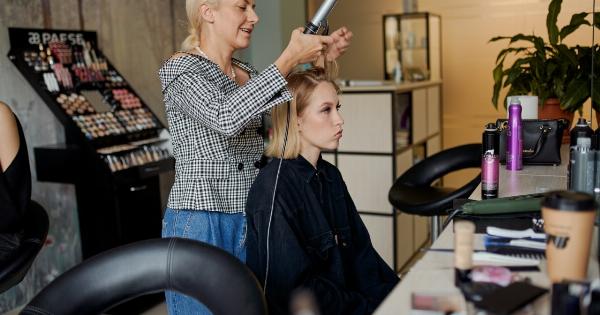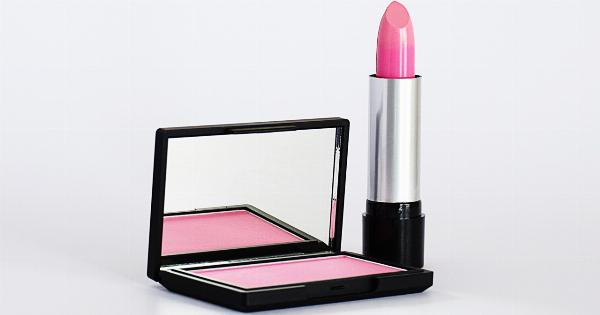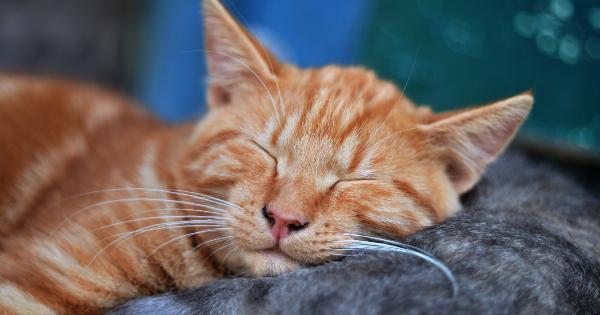Acne is an incredibly common skin condition that can affect people of all ages, genders, and races. While hormones and genetics are often to blame, there are several surprising sources of pimples that may be contributing to your acne.
In this article, we’ll go over these lesser-known causes and what you can do to prevent or treat your acne.
1. Your Diet
Believe it or not, your diet can have a huge impact on your skin. Foods with a high glycemic index, like white bread and sugary snacks, can cause inflammation and lead to acne.
Dairy products, especially milk and cheese, contain hormones that can also trigger breakouts.
To prevent diet-related acne, try to steer clear of high-glycemic foods and limit your dairy intake. Instead, opt for whole grains, fruits and vegetables, and lean proteins.
2. Your Pillowcase
Your pillowcase may be harboring bacteria, oil, and dead skin cells, all of which can transfer to your face while you sleep and cause acne. To minimize this risk, be sure to wash your pillowcase regularly – ideally, at least once a week.
You can also buy antimicrobial pillowcases that are designed to prevent the growth of bacteria.
3. Your Hair Products
Hair products, such as shampoo, conditioner, and styling products, can contain pore-clogging ingredients that contribute to acne. Oily or greasy hair can also transfer oil to your face and cause pimples.
To prevent hair product-related acne, avoid using these products on your face or neck, and try to keep your hair off of your face. Look for hair products that are labeled “non-comedogenic” or “oil-free.”.
4. Your Stress Levels
Stress can cause a variety of health problems, including acne. When you’re stressed, your body produces more hormones that can trigger breakouts.
In addition, stress can negatively impact your immune system, making it harder for your body to fight off acne-causing bacteria.
To reduce stress-related acne, try to find healthy ways to manage stress, such as meditation, yoga, or exercise. You can also try relaxation techniques, such as deep breathing or visualization exercises.
If stress continues to be a problem, consider seeking the help of a mental health professional.
Conclusion
By understanding the different sources of acne, you can take steps to prevent and treat this common condition.
Whether it’s making dietary changes, washing your pillowcase more often, switching to non-comedogenic hair products, or reducing stress levels, there are plenty of solutions available for those struggling with acne.





























